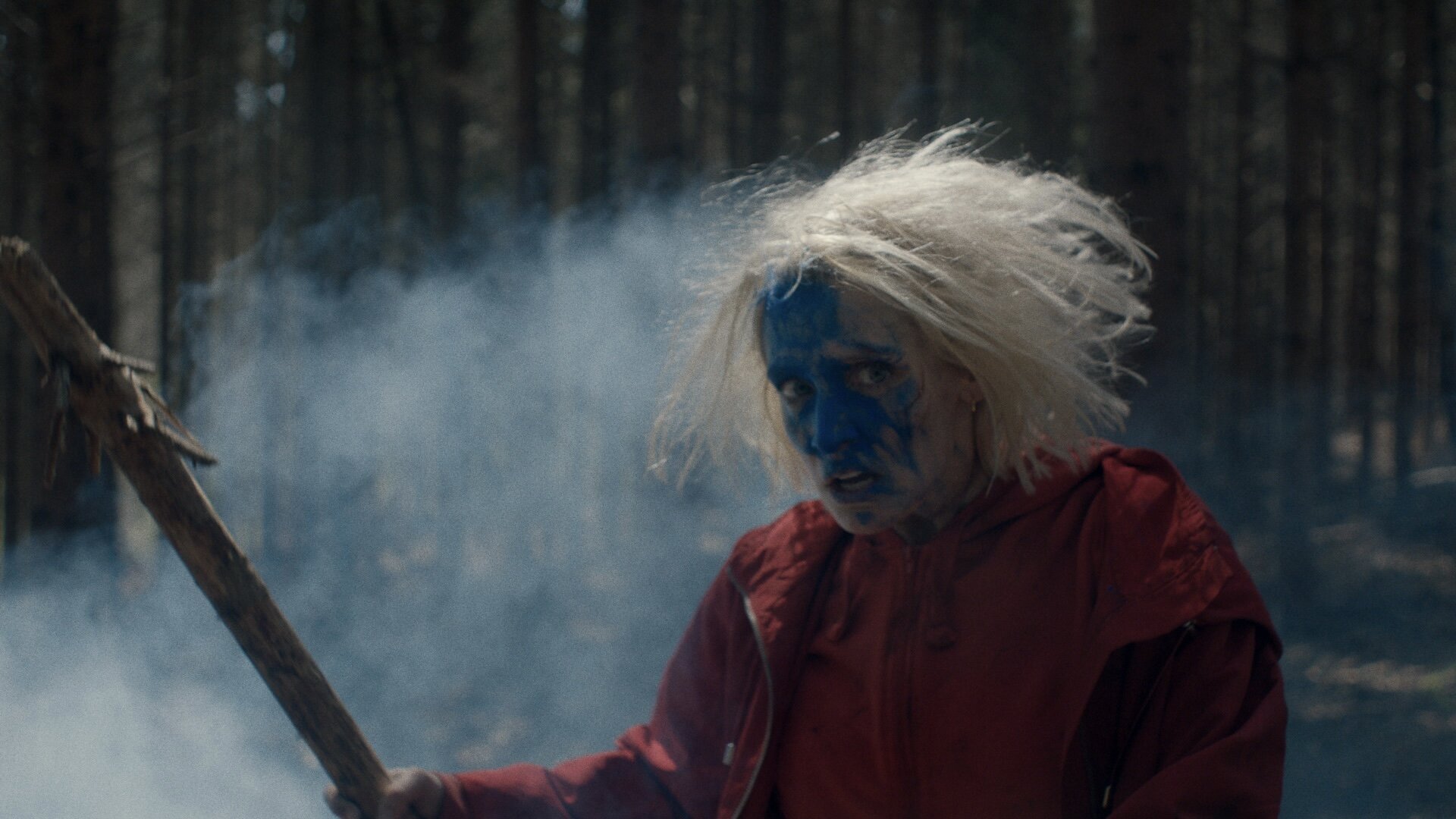Book Review — "In Darkness, Shadows Breathe" by Catherine Cavendish
“Fluid” is the descriptor that kept coming to mind while consuming Catherine Cavendish’s new novel In Darkness, Shadows Breathe. Damn near poetic at times, her prose flows like a river—propelling us through time and space. Hold on tight, though. Once this current grabs you, there are few opportunities to find your bearings because In Darkness, Shadows Breathe is a highly visceral and immersive experience. It’s also enigmatic as hell. Intrepid readers unafraid of a challenge will undoubtedly agree by the end that Cavendish’s plotting is not only impressive but super intelligent, too. But above all else, this is a work of bravery.
Well before I reached the Acknowledgments section at the back of the book (yes, I’m someone who reads those), I already knew that the writing process of this novel had been especially taxing, not to mention emotionally grueling, for the author. A sizable portion of the story follows a former lecturer named Nessa, who was more or less forced into early retirement when a vicious cancer ravaged her body. Nessa is one of our major protagonists, and I’d venture to say that her segments are the most compelling, because they’re the most autobiographical. When it comes to Nessa’s agonizing procedures, Cavendish does not mince words, nor does she employ euphemistic language. It’s not gratuitous whatsoever, and it’s not exploitative either; there’s a genuine gravity to it that could only have been written by a woman who has endured the same treatment. Essentially, the author bares it all, via her character. These scenes add layers of “real life” horror to the uncanny horror unfolding around every corner.
Another thought that repeatedly crossed my mind is how extraordinary it must be to live in a country with a National Health Service. And how sad it is that I’m using the word extraordinary to label basic access to medical care. But, as millions of Americans know, healthcare is not universally available. In the United States, the cost of Nessa’s hospital stay would be astronomical, regardless of coverage… A few years ago, I needed to have my wisdom teeth removed. The operation was months overdue; it had gotten to the point that I bled every time I ate. In trying to limit how often I had to taste my own blood, I lost a lot of weight. Even after I attained insurance, I still had to take out a loan. My doctor’s office demanded the payment in full on the day, but my “provider” would only cover half the cost of my absolutely necessary and routine minor surgery. A dreadful period in my life, and yet there are folks who have it much worse.
I’m so glad the NHS was there for Cavendish. I’m sure it wasn’t easy, what she went through, of course it wasn’t. With her body undergoing such intense treatment, I’m sure her mind was bending space-time in its own rite, as a coping mechanism. I, for one, am a person who finds comfort in parallel universes. I frequently think about the other versions of myself when I’m feeling blue—versions of myself who are successful and happy and pain-free. For Cavendish, I gather that Einstein’s theory of general relativity provided a type of mental reprieve—particularly the part asserting that “past, present, and future” is an illusion. This brainy notion is the basis for In Darkness, Shadows Breathe.
If I were writing a horror novel rooted in high-concept physics, I’d feel obligated to constantly explain and defend my decisions. I’m a very insecure writer in that way. Cavendish, on the other hand, trusts her readers to either just get it or to just agree to go along. She possesses a profoundly enviable amount of confidence. It reminds me of that old bit of writing advice that I can’t seem to heed: write for yourself. Cavendish appears to be crafting her tale in a fashion that’s true to her. Not that she’s disregarding her audience completely, she’s simply choosing to put her own satisfaction first. And I respect the hell out of that. I’d imagine that getting these words out, though exceedingly difficult, was tremendously therapeutic.
Very little of the first three-quarters of the book are dedicated to explication. Readers who require answers will likely find this frustrating, and that’s too bad. The author so sanguinely interweaves the scientific and the supernatural within her interweaving of time and place that inserting pitstops for clarification would have disastrously bogged down the pace. Part of what makes Cavendish’s language so poetic is its minimalistic, emblematic nature—which in turn makes the plotting all the more engrossing.
I do not mean to imply that I followed exactly what was going on 100% of the time. Because I admittedly did not. I often found myself wondering “when” I was in the story—and what is even considered “the present.” Likewise, I wasn’t always positive which protagonist I was following. But that’s okay because that’s sort of the crux of the narrative. I suppose if I had been able to easily determine all that, Cavendish’s building blocks would crumble, which would be unfortunate because the portrait she paints is so atmospheric.
This was my first Cavendish novel, so I have to imagine that eeriness is a through line within her oeuvre, because there is an unmistakably gothic vibe that permeates from moment to moment. Come to think of it, one of the primary traits of gothic literature is women in distress, a topic Cavendish explores with a few female characters. I solely focused on Nessa earlier, but the author also uses Carol and Agnes to shed light on the ways women and girls have always suffered at the mercy of medicine. Hospitals are inherently terrifying for basically everyone, so In Darkness, Shadows Breathe quickly becomes unsettling. Catherine Cavendish sinks her hooks into you and pulls you head-first into the deep end. And what a nightmarish dive it is!



